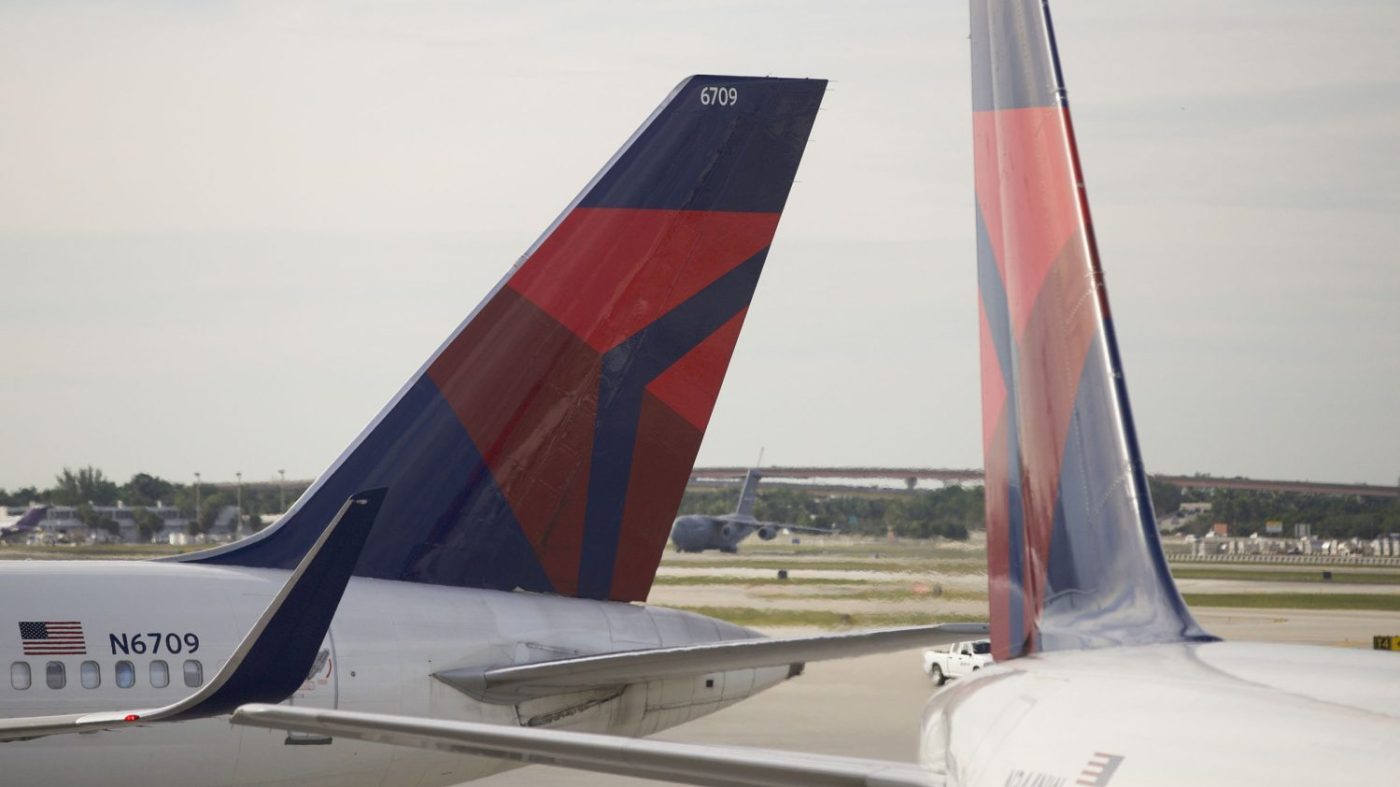Low morale at TSA contributing to high turnover rates, long lines

Low morale at the Transportation Security Administration (TSA) has caused screening officers to quit the agency more rapidly than they are being hired, leaving the TSA ill-equipped to handle long airport lines around the country.
{mosads}Some officials fear the trend will continue if workplace conditions do not improve. Transportation security officers (TSOs) are already feeling the crunch of summer travel, forcing some employees to work mandatory overtime shifts, cancel scheduled days off and miss meal and rest breaks.
The TSA has been trying to bring more officers on board as the agency struggles to keep pace with a surge in travelers. Congress approved a $34 million funding shift in the agency’s budget to hire and train nearly 800 new officers.
But beefing up the screening staff won’t make a huge dent if high turnover rates continue.
Staffing levels fell from 47,147 full-time security officers in 2013 to 42,525 in 2016, while passenger volumes rose 15 percent. In 2014, the TSA lost 4,644 employees and only hired 373 workers to replace them.
Rep. Jason Chaffetz (R-Utah), chairman of the House Oversight and Government Reform Committee, has compared the situation to pouring water into a bathtub while water is draining out of the bottom.
J. David Cox Sr., national president of the American Federation of Government Employees, told lawmakers that one of the biggest reasons for the high turnover rates is that the TSA has focused on hiring part-time employees — in part because of a cap on the number of full-time screening officers.
The attrition rate among full-time officers is 7 or 8 percent, but the figure jumps to 20 percent among part-time workers.
“People want full-time employment,” Cox said during a House Homeland Security Subcommittee hearing on Thursday. “Many former TSOs now work for other government agencies.”
Shifting more workers to full-time would not only help with turnover, it would also provide immediate relief for massive airport lines.
“Moving to full-time doesn’t take additional training,” said Rep. John Katko (R-N.Y.), chairman of the Transportation Security Subcommittee.
Cox said another problem is that agents are not paid under a General Schedule pay scale like the rest of the federal workforce. The average salary of a transportation security officer is $35,000, and they are typically only eligible for $300 bonuses. Meanwhile, TSA management has come under fire for receiving bonuses as high as $90,000.
Screening officers also don’t have the same rights and protections against discrimination as other federal workers. The TSA does not abide by the Federal Labor Standards Act or follow Office of Personnel Management guidelines on leave, and screening officers are unable to appeal issues to neutral third parties like the Merit Systems Protection Board.
TSA employees testified in a congressional hearing last month that a persistent culture of retaliation in which workers are punished for pointing out problems at the agency has further hurt morale.
A bill backed by Rep. Bennie Thompson (D-Miss.), ranking member of the Homeland Security Committee, would grant security officers that same labor protections as other federal workers.
Cox said the measure, along with 5 percent raises for employees who stay at the agency for more than two years, could help the TSA retain staff at a time when it is struggling to keep pace with passenger volumes.
“TSOs are subjected to second-class treatment that hurts morale and causes too many experienced screeners to leave TSA,” Cox said. “The TSO workforce is not a footnote to the agency’s goal of effectively and efficiently screening passengers.”
Copyright 2023 Nexstar Media Inc. All rights reserved. This material may not be published, broadcast, rewritten, or redistributed. Regular the hill posts









